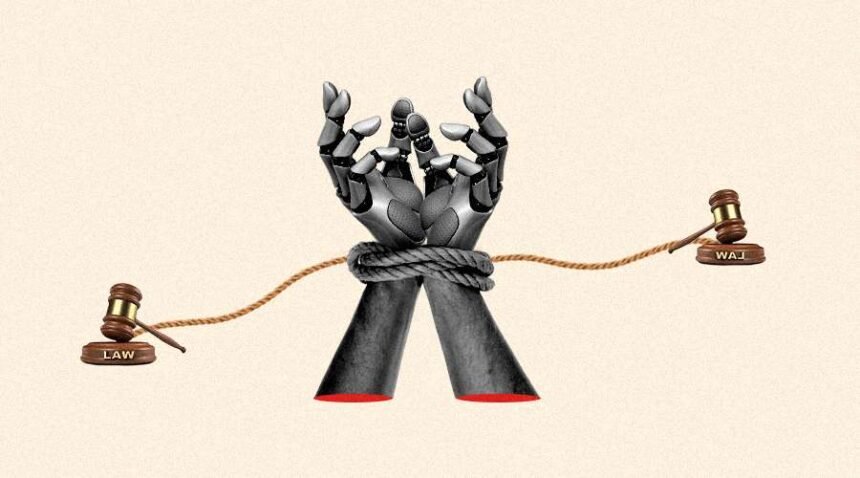Artificial intelligence (AI) has made significant advancements in recent years, transforming various industries and impacting our daily lives. From autonomous vehicles to virtual assistants, AI technologies are becoming increasingly prevalent. However, as AI continues to evolve, questions arise about whether it should be subject to legal frameworks. This article explores the challenges and considerations surrounding the legal regulation of artificial intelligence.
The Need for Legal Regulation:
AI applications can be subject to regulation and oversight within existing legal frameworks, such as data protection and privacy laws, intellectual property laws, consumer protection laws, and liability laws. These laws vary across different countries and regions.
Liability and Accountability: When AI systems make decisions or cause harm, questions arise regarding accountability. Establishing legal frameworks can clarify responsibility, determine liability, and provide avenues for seeking legal recourse in case of AI-related damages.
Privacy and Data Protection: AI relies on vast amounts of data to function effectively. Legal regulations, such as the General Data Protection Regulation (GDPR), ensure that personal data collected and processed by AI systems are handled transparently and securely, protecting individuals’ privacy rights.
Transparency and Explainability: AI algorithms often operate as “black boxes,” making it challenging to understand the reasoning behind their decisions. Legal frameworks can require AI developers to provide transparency and explainability, enabling individuals to challenge or understand the outcomes of automated decisions.
Bias and Fairness: AI algorithms can inadvertently perpetuate biases present in training data, leading to unfair outcomes. Legal regulations can address issues of fairness, ensuring that AI systems do not discriminate against protected characteristics such as race, gender, or age.
Safety and Security: AI technologies, particularly in sectors like autonomous vehicles or healthcare, must adhere to safety standards and protocols. Legal frameworks can establish guidelines to minimize risks and protect individuals from potential harm caused by AI failures or malfunctions.
Furthermore, some countries and organizations have started to recognize the need for specific regulations tailored to AI. For example, the European Union’s General Data Protection Regulation (GDPR) includes provisions that are relevant to AI and automated decision-making. Additionally, the European Commission has proposed the Artificial Intelligence Act, which aims to establish a legal framework for AI regulation in the EU.
Conclusion:
As artificial intelligence continues to transform society, legal frameworks are increasingly necessary to address the ethical, privacy, and accountability challenges associated with AI deployment. Establishing comprehensive and adaptable regulations can safeguard individuals’ rights, mitigate risks, and foster the responsible development and use of AI technologies. By striking a balance between innovation and regulation, we can harness the potential of AI while upholding societal values and protecting individuals from potential harm.



